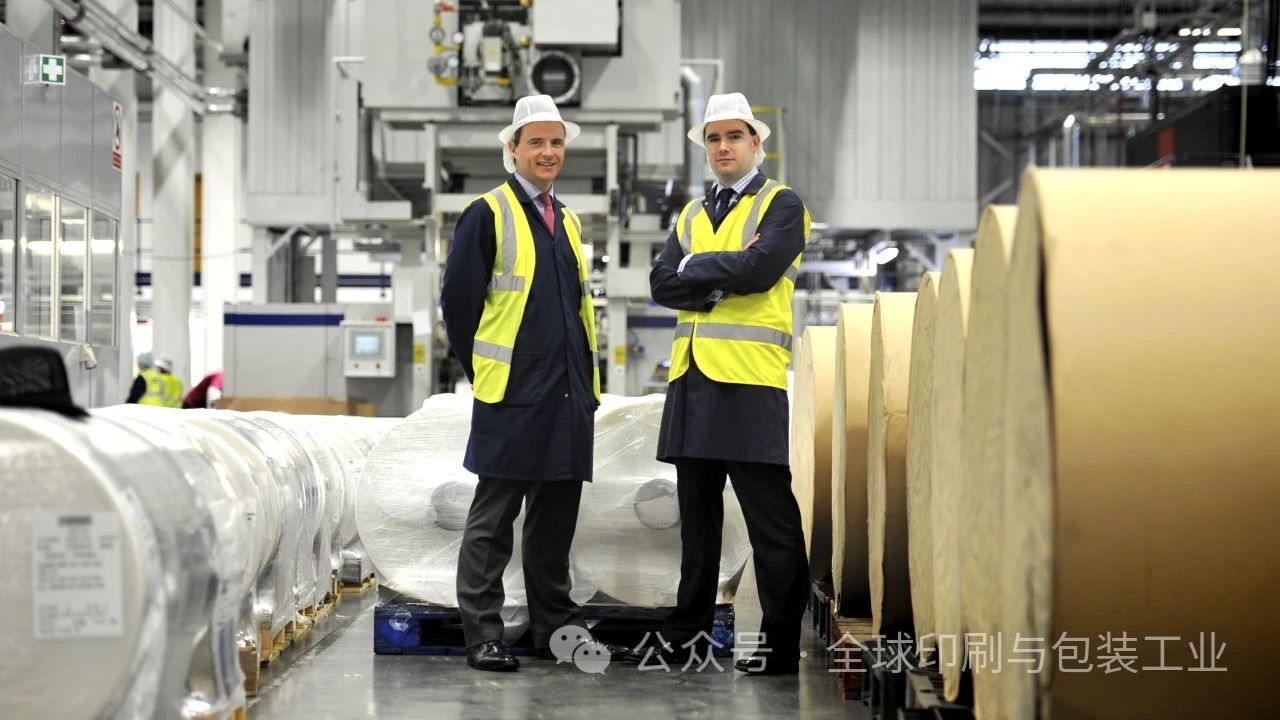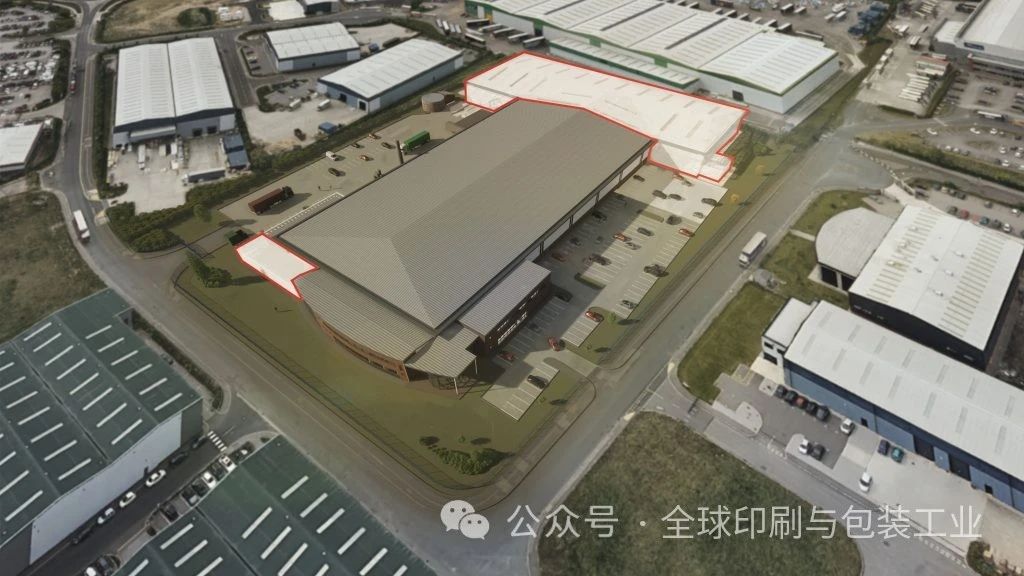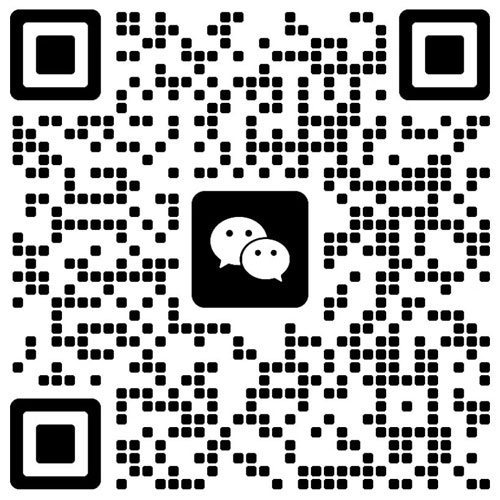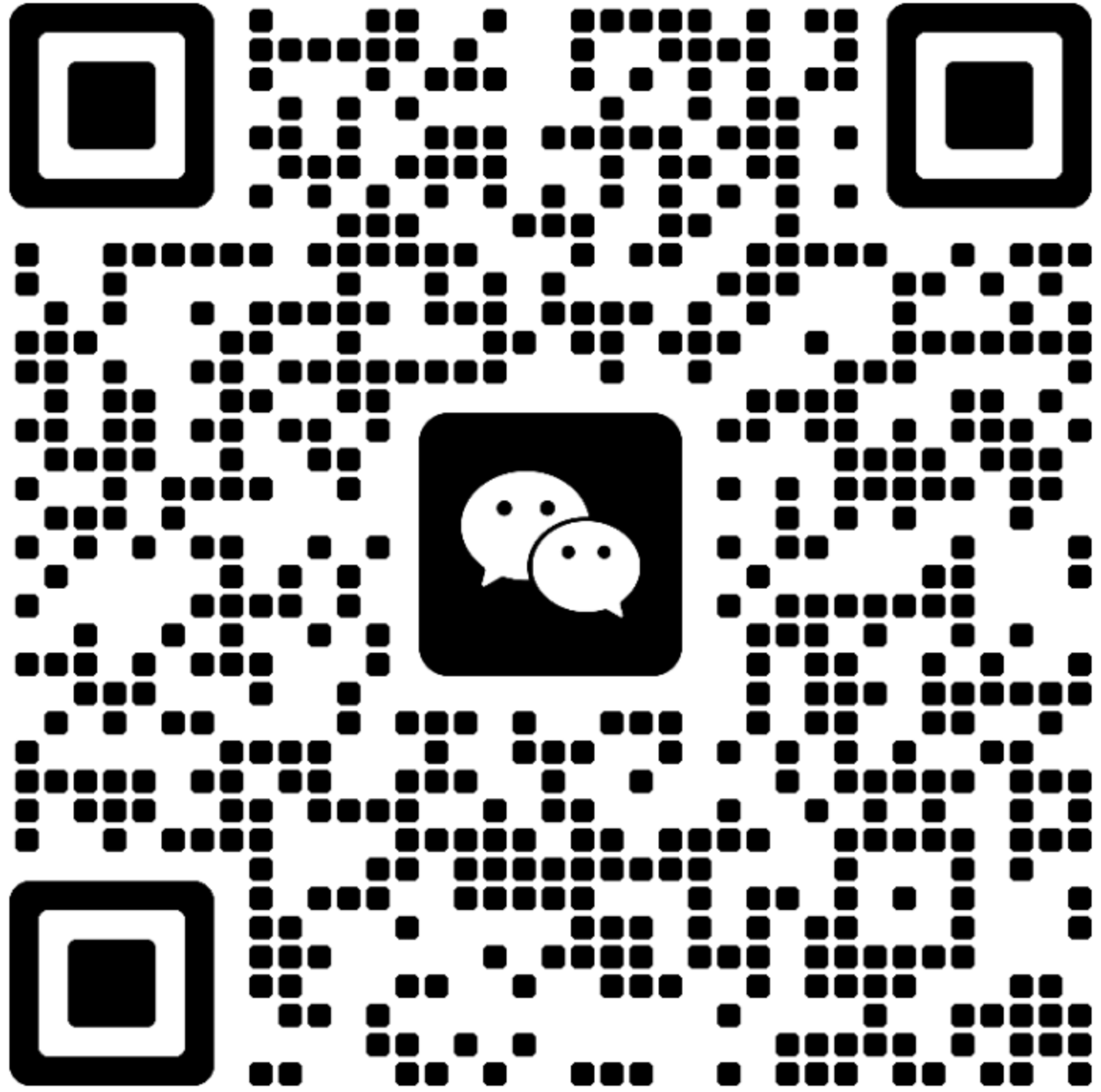- Borouge
- ExxonMobil
- LyondellBasell
- DaTang
- LuQing
- BaoFeng
- JiuTai
- ...

- /MORE NWES
-

-

-

-

-

Roberts Mart: The expansion and innovation journey of the leading UK flexible packaging company!
Release time:2024-01-10 16:58:19.0 Reading volume:231 ReturnRoberts Mart, a British soft packaging giant based in Leeds, is continuing its expansion as an independent family business participating in the competition. With a turnover of £45 million, the company employs 230 staff, and ongoing investment is part of its growth strategy, with over 95% of its business coming from the UK.
Historically, Roberts Mart has served the home textiles market, especially in duvet packaging. Since moving to a purpose-built factory in 2004, the company has expanded into other industries such as snacks, confectionery, dried fruits, cereals, pet food, frozen foods, soft drinks, and bottled water.
William Roberts, Managing Director of Roberts Mart, stated: "We have expanded our business into more food snacks and beverages, and we must take action to obtain the necessary certifications. In 2004, our business underwent significant changes. At that time, our turnover was around £10 million, employing 120 staff. We now forecast a turnover of over £50 million next year, with around 230 employees, a process of year-on-year growth."

Ben Roberts, Marketing Director of Roberts Mart, noted that the company typically spends £3 million annually on capital expenditure: "Continued investment is necessary to maintain a leading position, but most importantly, it must keep pace with customer demand. For example, a new slitting machine investment of around £1 million was made in conjunction with signing new contracts with a new frozen food customer. Our company's turnover grows by around 10% annually, and we need to find an additional/new business of £4.5 million each year!"
The site is currently undergoing expansion, with construction work in progress. The existing warehouse will be relocated to a new 55,000 square foot warehouse to free up more production space, facilitating additional investments in the coming years. The expansion work is expected to be completed by May 2024. William Roberts stated: "We have also doubled the ink-making scale, which will allow us to pump ink directly to five printing machines, saving time, labor, and waste."
He added that some investments include 8 flexographic printing machines (since 2004), 4 laminators (including two for cold seal and coating), 8 slitting machines, 5 bag-making machines, 3 polyethylene film extruders, 1 polyethylene recycling production line, a new IT system, and building expansion. "One of the Allstein printing machines will be operational in March 2024, known as the Rolls-Royce of flexo presses, making us the first company in the UK to have three of these branded machines."
Ben Roberts explained that the company uses approximately 175 tons of recycled pellets from its extrusion department each month: "Our in-house expertise in film extrusion allows us to develop over 40 different blends for various applications, including 30%-100% recycled plastics, some of which we can reprocess internally. We typically use around 2,200 tons of recycled resin per year, many of these film blends have now become viable recyclable alternatives to traditional mixed plastics non-recyclable materials. We also have a range of heat-seal papers designed to run on traditional packaging lines. These materials are alternatives to plastics and can achieve barrier properties through our coating expertise, especially their excellent barrier to gases, moisture, and oils."
About 18 months ago, the company invested in a recycling machine. "We are reprocessing all clean polyethylene waste internally. We can put it back into similar blends as originally. We are trying to use all polyethylene trim and recycle it, making disposable garbage bags for NHS clothing production—we are trying to find solutions for our waste."
Ben Roberts stated that plastic packaging taxes are as "headache-inducing" as anything else. Most customers are switching to recycled materials as much as possible. "For the flexible packaging industry, anything in direct food contact remains a big issue. For non-food contact products, some major retailers are achieving overall sustainability and recyclable content goals by using 100% recycled packaging on non-direct food contact items such as duvets."
30% is the minimum requirement and may be a reasonable, economical, and practical level. There must be a sufficient amount of suitable materials in the system to make it feasible. The price of virgin materials has dropped significantly this year—paying taxes and not adding any recycled materials can be said to be cheaper. However, most of the company's customers are committed to using more recycled materials and have set specific goals usually associated with the plastic convention. This also means rebranding their products to highlight the inclusion of recycled materials."
William Roberts added: "Plastic packaging taxes currently exceed £210 per ton, which will inevitably start to rise slowly. If buying raw materials is cheaper than recycled materials, recycling companies may cease to exist because they cannot remain competitive."
William Roberts stated that with the consolidation of independent competitors, some factories are closing, and senior industry executives are retiring. "But we are doing fine. Due to some ownership changes, we have brought in four new clients in the past few weeks."
He added that the company has been looking for potential acquisition opportunities: "We have come close to acquisition targets several times. Now, with the expansion, our factory has some available space, so we can move some things into it. It's just about finding the right match, as several large companies have left the UK, and now, with Brexit, they need to establish a base in the UK. But we are confident. Next year, we expect more opportunities in the growing snack market in other industries."

Next year, Roberts Mart plans to invest in its film extrusion factory to gain more capacity and more advanced machinery. "Over the next few months, we plan to strengthen our position in various existing core markets while also developing new markets, especially in developing our new range of recyclable single-material bags, all manufactured in-house, and the development of our new recyclable single-material bags. We will seek to develop household compostable single-materials, as an export to the Australian market, which has a high demand for such materials," said William Roberts.
Roberts Mart has also recently invested in new laser technology with various options, including vent holes for microwave applications and/or tear lines for easy opening and resealing applications. Another development is the investment in new Wiedjet printing solutions, allowing them to print unique individual promotional codes inside the packaging for promotions or consumer offers.
Disclaimer: This article is from the internet, resources are for reference only. If it infringes on your rights, please contact us immediately! We will promptly remove it.


